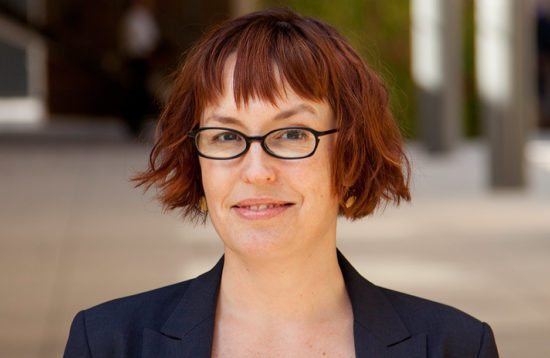Facebook Restricts Speech by Popular Demand
(This article was first published in The Atlantic on September 22, 2019.)

This past week, with some fanfare, Facebook announced its own version of the Supreme Court: a 40-member board that will make final decisions about user posts that Facebook has taken down. The announcement came after extended deliberations that have been described as Facebook’s “constitutional convention.”
We don’t usually use sweeping terms such as Supreme Court and constitution to describe the operation of private companies, but here they seem appropriate. Internet platforms such as YouTube and Facebook have been called the modern public square. That description understates the platforms’ importance for the many people who use them in place of newspapers, TV stations, the postal service, and even money.
(Continue reading the article on The Atlantic’s page here.)
Daphne Keller writes about Internet platforms and users’ rights. She is the director of intermediary liability at Stanford Law School’s Center for Internet and Society and a former associate general counsel to Google.
Read Regulating Online Terrorist Content
Listen to Regulating Online Hate Speech with guest Daphne Keller on Stanford Legal
